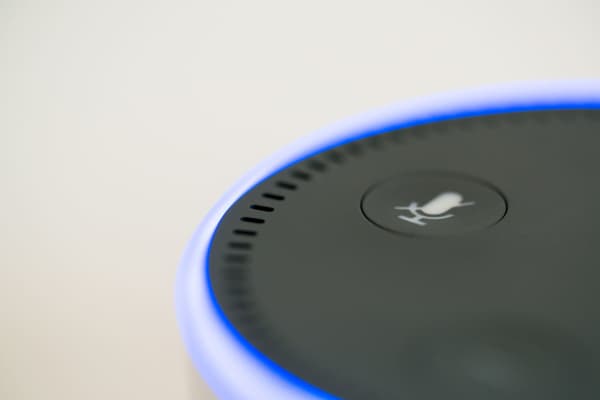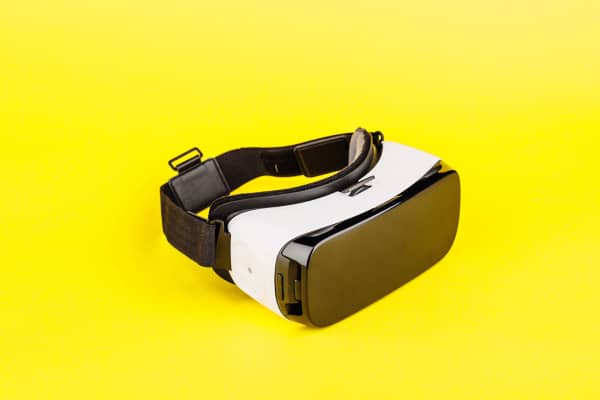"Marketing often feels like an impossible job", according to Dave Anderson, vice president of global marketing at Dynatrace, a Boston-based software company. He explains: "We are required to create miracles in data science. Measure a brand, identify lead sources, create strategies to attract new prospects and retain existing ones. Expectations and pressure to continually innovate grow with each passing day."
Welcome to the world of the marketer today where rules have changed. New technology is endless and - just when you've mastered algorithmic media buying - artificial intelligence arrives to shake up the scene once again.
"This is peak disruption for CMOs," says Melody Bartlett, former editor of The Marketer magazine. "Everything about the job is changing. Some of the top CMOs I talk to admit being stressed by it all. And no surprise! You've got to ask whether it's realistic for the same person to have the soft skills needed to shape the customer experience and also be able to run data analytics on a Hadoop cluster. Who are these superheroes?"
An Accenture study conducted in partnership with Forrester Research reveals that only 7 percent of marketers believe their customer experience (CX) is exceeding customer expectations. A quarter admit their CX is under-par. A third say they don't have the right technology or processes in place. And it's a lonely job at times: half say they lack senior support.
The pressure means the CMO is facing an existential threat.
Glen Hartman, managing director of Accenture Interactive North America, says, "CMOs are asking not only 'how do I stay relevant to the customer and deliver the right messages?', but 'how do I stay relevant to my organization?' The CMO will come to us and say, 'There are all these new C titles in my office'. The chief digital officer, chief experience officer, chief customer officer, chief design officer. That's code for the CEO being really, really upset that the CMO can't figure this out."
So what is the route back to sanity? The solution is to identify the main changes in the role of the CMO. Then strategies can be put in place.









